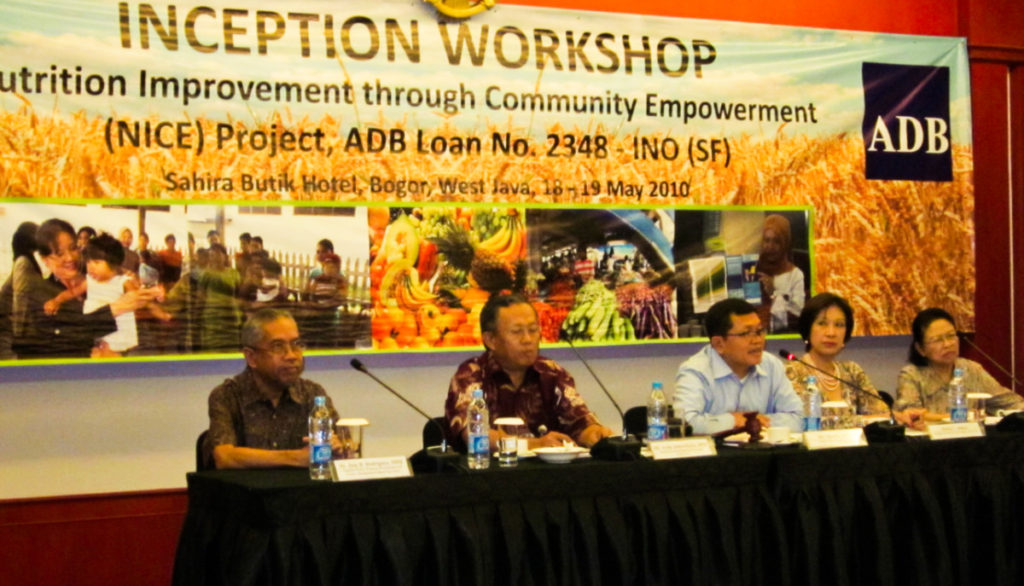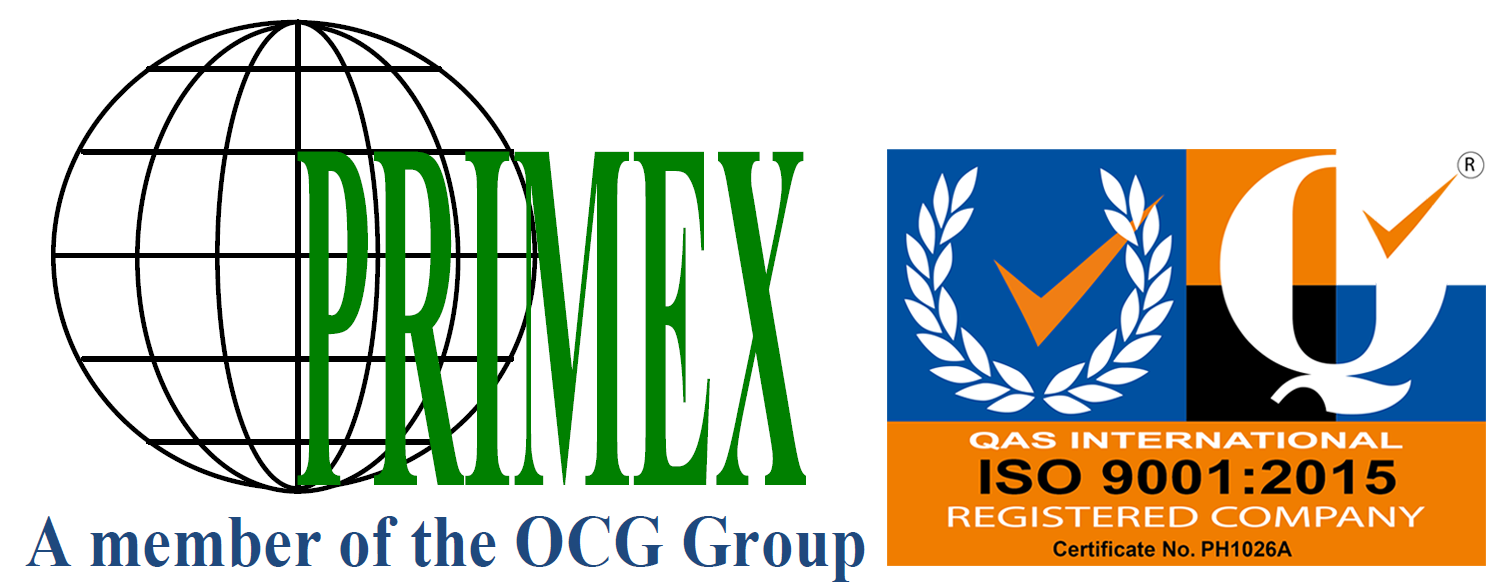
PRIMEX and its partner firm, PT Trans Intra Asia (TIA), mobilized a team of international and national consultants to assist and support Indonesia’s Ministry of Health (MOH) in the implementation of the Asian Development Bank (ADB) loan-funded the Nutrition Improvement through Community Empowerment (NICE) Project (Loan No. 2348-INO).
The Consultant Team is led by Dr. Jose R. Rodriguez, PRIMEX Senior Consultant, as Nutrition Policy and Program Management Specialist/Team Leader, and is composed of six international and six national consultants.
The $71-million Project aims to reduce and prevent malnutrition among about 1.48 million Indonesian children under 5 years and 500,000 pregnant and lactating women in about 4,000 poor villages. These include poor urban areas in 24 districts and cities in the provinces of East Nusa Tenggara, West Nusa Tenggara, North Sumatra, South Sumatra, South Sulawesi, and West Kalimantan.
Foremost in the Project’s intended impact is the strengthening of community-based services, community empowerment, and social mobilization for improved nutrition, hygiene, and sanitation.
Malnutrition in Indonesia remains a significant public health problem for both urban and rural populations, and the problem has worsened since decentralization in 2000. The prevalence of underweight children increased from 24.6% in 2000 to 28% in 2005, which implies that about 5 million children under 5 years have compromised growth and cognitive and behavioral development. It is now widely recognized that childhood malnutrition will lead to poor school enrollment and achievements and pose a long-term threat to girls’ reproductive health and adult productivity.
In Indonesia’s Medium Term Development Plan (2004–2009), reducing malnutrition is identified as a pillar of socioeconomic development. In response to the nutrition crisis in early 2005, MOH developed a National Action Plan on the Prevention of Severe Malnutrition (2005–2009), which identified reducing prevalence of malnutrition to below 20% and severe malnutrition to below 5% by 2009 as priorities for reducing poverty and vulnerability.
Such poor health conditions drove the MOH, through its Directorate of Community Nutrition, to request ADB to prepare a nutrition project in six provinces suffering from poor nutrition status in children under 5 years. (Arvin Yana)
